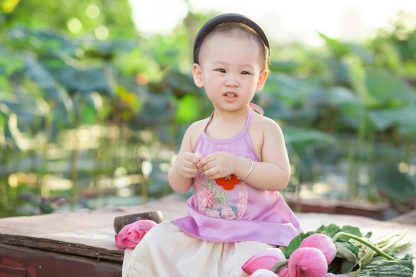Table of Contents
Choosing the Right Babysitter
When selecting a babysitter for your children, it’s essential to consider their age and level of maturity. While there is no specific age requirement for babysitting, most experts agree that babysitters should be at least 13 years old. Younger teens may be capable of caring for children, but they may lack the experience and judgment needed to handle emergencies or unexpected situations. Parents should also consider the babysitter’s experience with children, their comfort level with responsibilities like feeding and diaper changing, and their availability to stay for the required duration.
On-Demand Childcare in Your Neighborhood
Book a Sitter
Age-Appropriate Supervision
Supervision is a key aspect of babysitting, and it’s crucial for parents to establish expectations with the babysitter regarding this. The level of supervision required will depend on the age and maturity of the children being cared for. Infants and toddlers require constant supervision to ensure their safety, while older children may be allowed more independence. Babysitters should be attentive, responsible, and proactive in monitoring children’s activities to prevent accidents or injuries.
Safety Measures
Ensuring the safety of children is a top priority for parents and babysitters alike. Before leaving your children in the care of a babysitter, it’s important to discuss safety measures and guidelines. This can include childproofing the home, familiarizing the babysitter with emergency procedures and contact information, and providing relevant medical information about your children. Babysitters should be trained in basic first aid and CPR, and parents should provide any necessary medications or instructions for their children’s care.

Communication with Parents
Effective communication between parents and babysitters is essential for a successful babysitting experience. Parents should provide clear instructions on the children’s routines, preferences, and any specific needs or concerns. Babysitters should feel comfortable asking questions and seeking clarification if needed. Parents may also want to establish rules and boundaries for the babysitter to follow, such as screen time limits, bedtimes, or discipline techniques.
Regular check-ins via phone or text can help maintain open communication throughout the babysitting job.
Handling Emergencies
Despite best efforts to prevent accidents or emergencies, they can still occur while babysitting. Babysitters should be prepared to handle common emergencies like minor injuries, illness, or household accidents. Parents should provide relevant emergency contact information, such as phone numbers for poison control, the child’s doctor, and the parents themselves. Babysitters should know how to respond in an emergency, including when to call 911, administer first aid, or perform CPR. Parents may also want to provide a list of allergies or medical conditions that the babysitter should be aware of, along with instructions for managing them.
In conclusion, understanding age-appropriate guidelines for babysitters is crucial for ensuring the safety and well-being of children while in the care of a babysitter. By choosing the right babysitter, establishing clear supervision expectations, prioritizing safety measures, maintaining open communication, and preparing for emergencies, parents can feel confident in entrusting their children to a caregiver. Following these guidelines can help make babysitting experiences positive and enjoyable for both children and babysitters alike.










